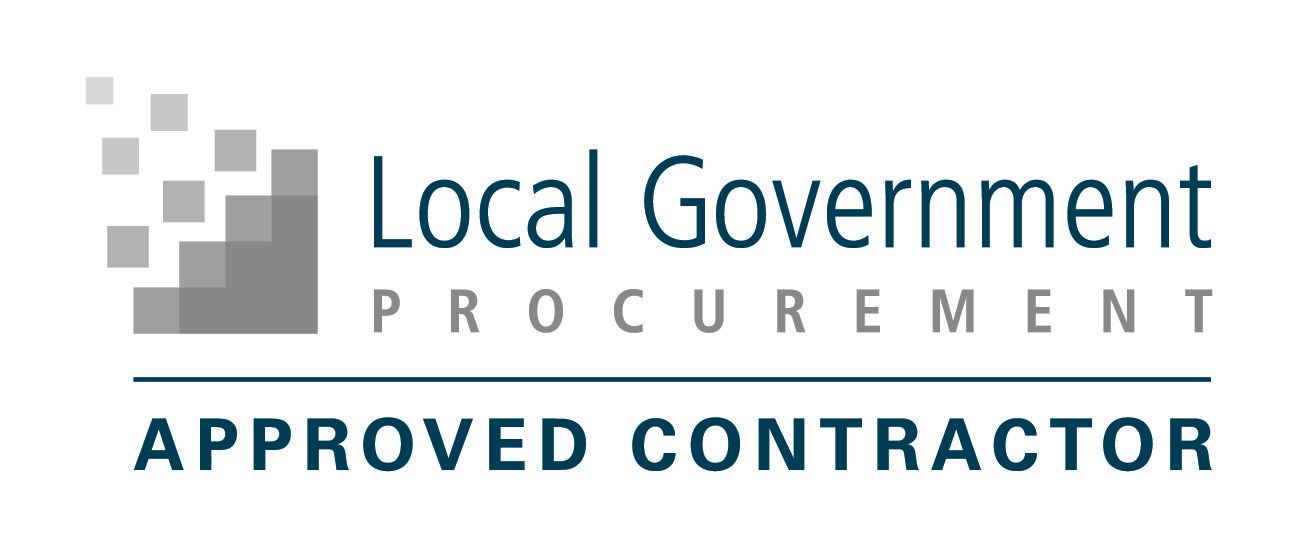What the death of the third-party cookie means for your business
Steven Kleina
If you read any marketing publications, you’ll no doubt have read about the phasing out of third-party cookies by Google. What does that actually mean for digital advertising and data gathering, and how might it affect your digital marketing in the future?
Firstly, it’s worth revisiting what cookies and specifically third-party cookies are. It’s a term that gets bandied about a lot, but it can be talked about in a very smoke and mirrors way.
What are cookies?
Cookies sound a lot more delicious than they actually are, and as fans of Australian English we should really rename them ‘Bickies’!
But that aside, cookies are pieces of code. Originally, they were invented to store the memory of the internet browser locally for the user’s convenience. From those beginnings evolved an industry built on the precise ability to track, identify, and segment users from their internet browsing patterns.
There are generally two types of cookies: first-party and third-party. First-party cookies are directly stored by the website you visit, allowing website owners to collect analytics data, remember language settings, and perform other useful functions that provide a good user experience. These cookies are not affected by the changes coming from Google.
Third-party cookies are created by domains that are not the website that you are visiting. These are usually used for online-advertising purposes and placed on a website by adding scripts or tags. A third-party cookie is accessible on any website that loads the third-party server's code.
Online advertising is the most common use of third-party cookies. It uses the data to create user profiles and then present personalised ads. If you’d been on one website and looked at something you were considering buying, and then headed to a completely different unrelated website, and seen a display ad with the exact product you viewed, then third-party cookies were in play.
Why is Google phasing out the use of third-party cookies?
In short, internet users are demanding greater privacy including transparency, choice, and control over how their data is used. Google recognises that it needs to evolve its services to meet those demands.
The third-party phase-out was initially announced in February 2020, and recently they pushed the phase-out date to late 2023. They have also subsequently announced that they won't be building "alternate identifiers to track individuals as they browse across the web, nor will we use them in our products.”
What does it mean for marketers?
As with any major change in digital marketing involving the privacy of data and advertising, marketers are scurrying about, worrying about the future for them; but there is no need to panic.
These changes will impact some areas of the marketing and advertising space, while other tactics will still stay pretty much the same. It’s only those who relied heavily on third-party data or individual data for online audience targeting strategies that will even see a change.
Google quite deliberately set a long time frame for the phase-out and has pushed the end-date out a couple of times as well, to allow new alternatives to emerge. This could be seen as a new opportunity for skilled and adaptable brands.
As a marketer, you should always be looking to the next thing and not rely too heavily on technology that you cannot control. These changes will push innovative marketers to develop clever alternatives and ads that reach their target audiences without using ‘annoying pop-ups’.
“Internet users are demanding greater privacy including transparency, choice, and control over how their data is used.”
What role will Icon Visual Marketing play?
At Icon Visual Marketing, our digital marketing experts are already thinking well beyond third-party cookies and keeping up with innovations and trends.
Our in-house digital marketing experts work tirelessly to create and optimise ongoing digital campaigns that ensure your business is easy to find online.
Icon Visual Marketing’s Digital Marketing team is expert in optimising, managing and creating effective and cash flow positive digital campaigns. We are a results-focused Australian digital marketing agency with our eyes on ROAS (Return On Ad Spend), and ROI (Return On Investment) when it comes to the digital strategy we curate for your business.
Read more about the work we do for our clients, or call us on 1300 138 984 for a confidential discussion on your digital marketing programs.
KEEP IN TOUCH














